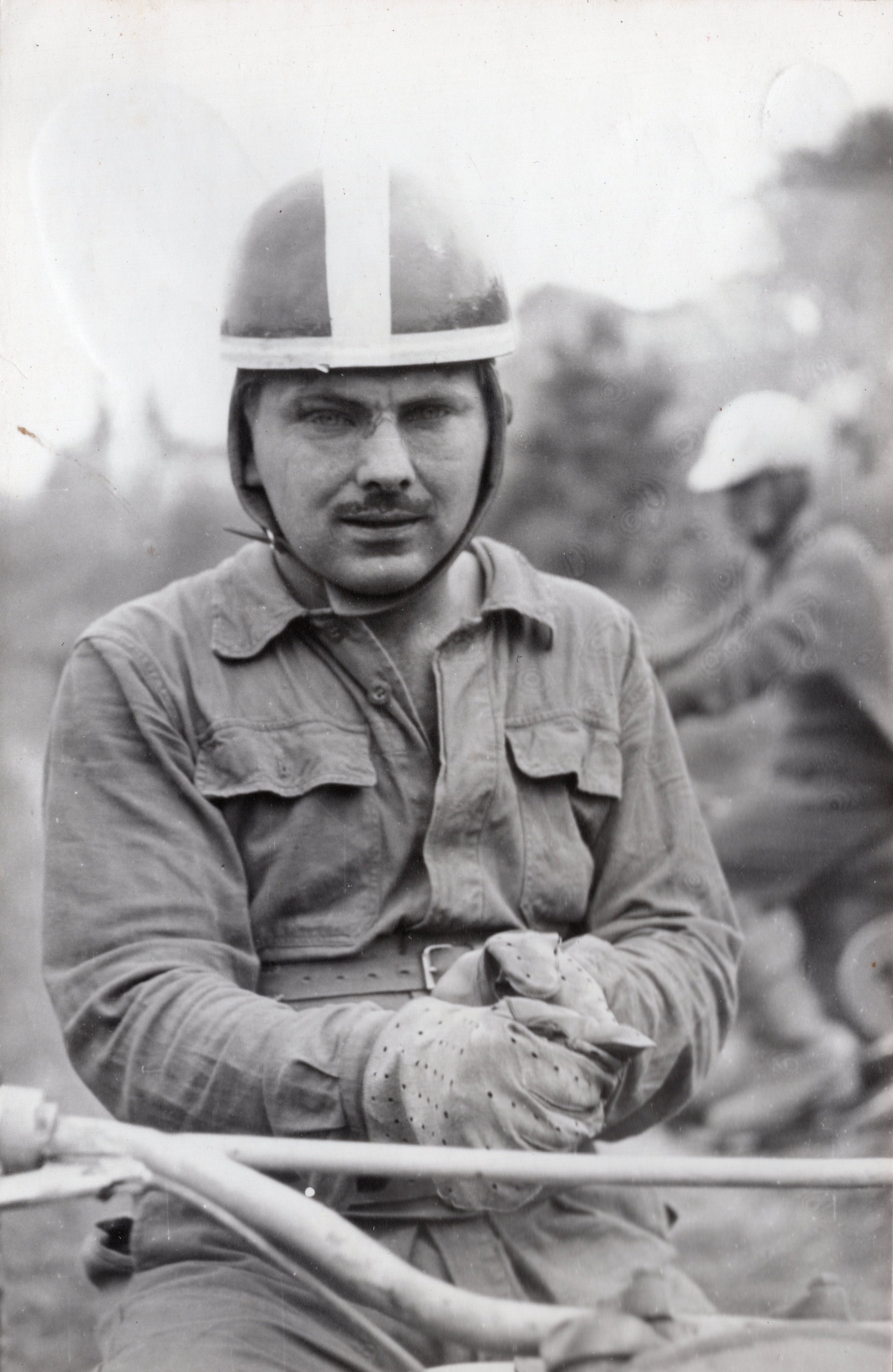I won‘t go to school in the afternoon, I can‘t draw anyway and I won‘t learn German

Stáhnout obrázek
Květoslav Šrámek was born on 20 August 1935 in Zubří in Wallachia. He came from a family of eight people who ran a farm where many other families lived, and he was involved in the work on the farm from the age of three. His father Ludvík was deployed in both the First and Second World War. During the occupation, Soviet prisoners of war lived with them, and in 1944 Zubří became the scene of Nazi retribution for Czech partisan actions. Květoslav Šrámek loved motorbikes all his life - in his teenage years he disassembled and reassembled a Jawa Robot every week, and later in adulthood he took up motocross racing at amateur level. After 1948 he was not allowed to train as an auto mechanic because of his parents‘ kulak background, even though they were in the JZD (Unified agriculture cooperative). He later trained as a locksmith, maintenance worker and from 1953 to 1993 worked in a forestry workshop. He spent the years 1955 to 1957 in the army, where he repaired motorcycles and cars. He refused to join the Communist Party. He and his wife Maria married in 1961 and had two children together. He was active in bee keeping until the age of eighty-five, then helped his son with the bee keeping. In 2021 he was living in Zubri.












